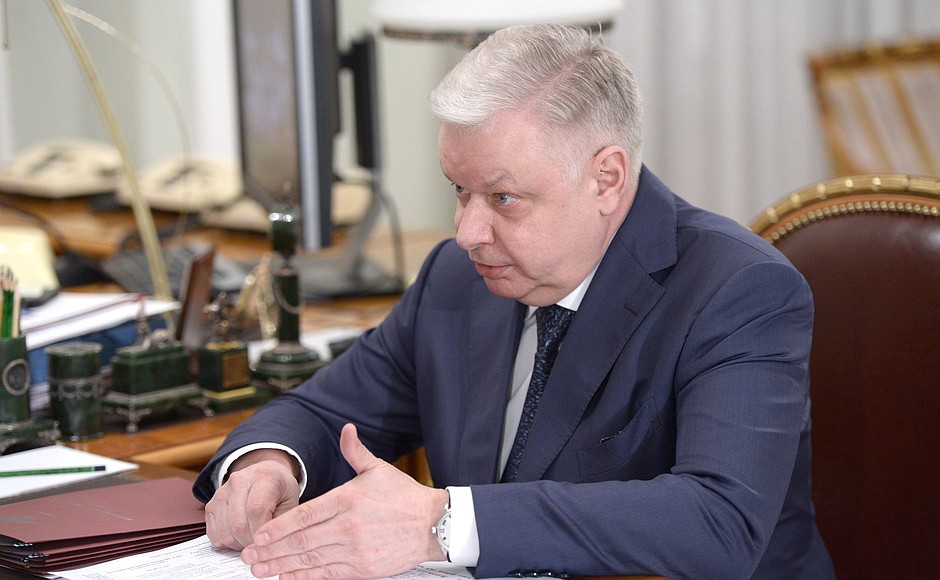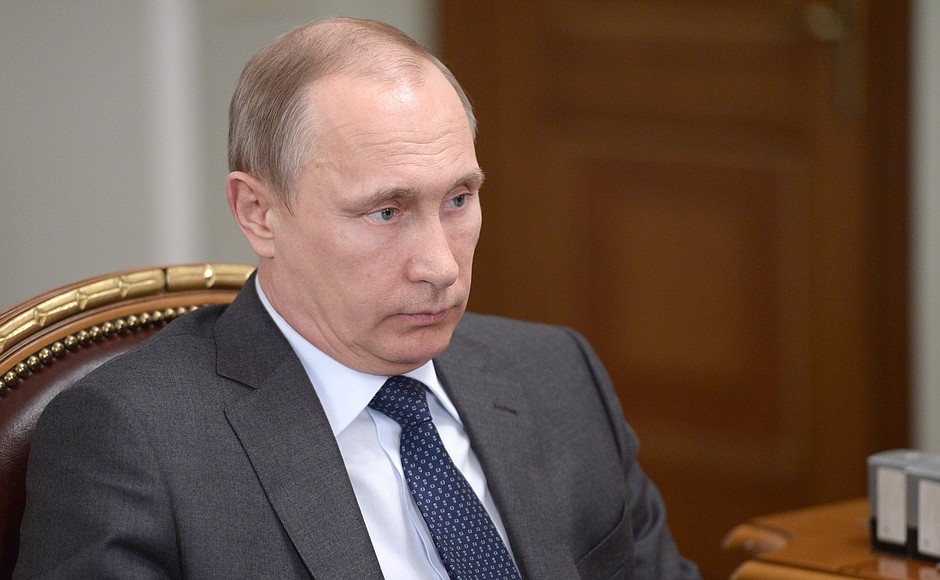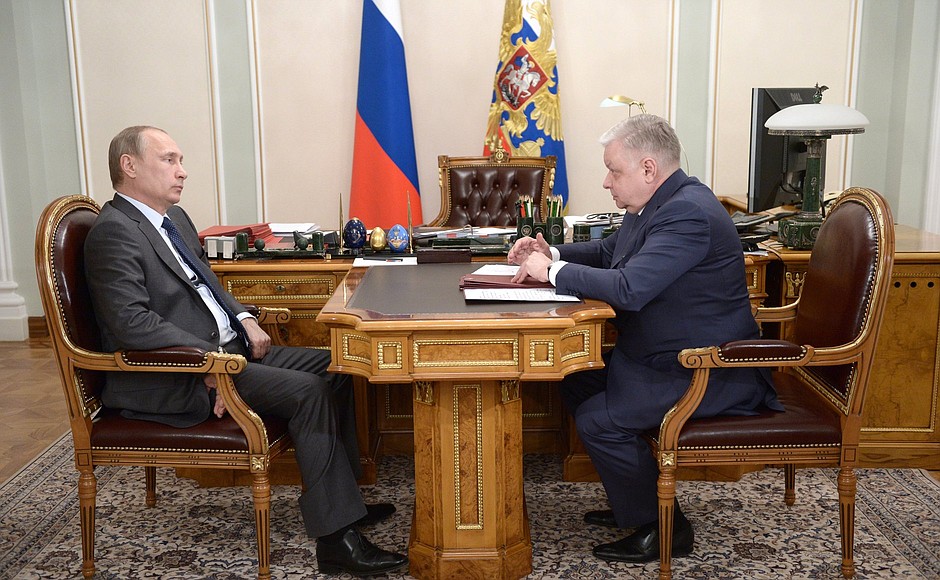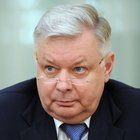President of Russia Vladimir Putin: Mr Romodanovsky, we agreed earlier to hold this meeting. I asked you to prepare a report on the migration situation. I know that you have done so and I will be happy now to listen to your conclusions and discuss the situation with you.
Federal Migration Service Director Konstantin Romodanovsky: Mr President, following the board meeting in which you took part, we started active work on this. You set the task of creating the environment for civilised labour immigration, rigorously preventing illegal immigration and addressing the problem of fictitious [residence] registration, that is, dealing with the so-called ‘elastic apartments’. Twenty amendments have been passed in the area of immigration control alone. They are all working effectively.
One of the most effective measures is refusing entry to the country, including to the category you cited, repeat violators of immigration law. Such people can now be refused entry for periods of 5 or 10 years. To date, 1.35 million foreign citizens who have violated our immigration and residence laws have been refused entry.
For the first time, as you can see here, we now have a situation where we have managed to check uncontrolled increase in immigration. The numbers are not rising as they were over the past years, and we have even seen a drop in the number of foreign citizens in the country. If we exclude Ukrainian citizens, we have up to 10 million foreign citizens in Russia. This is a reasonable figure.
This change is not the result of fewer people coming to Russia, but of more people leaving the country. In other words, we are seeing movement now as immigrants start to abide by our laws. Overall, this has had a positive impact on bringing down the crime rate and lowering the number of crimes committed by foreign citizens.
Regarding the so-called ‘elastic apartments’, the law that was passed made it possible for us to reduce their number from 10,090 to 1,160. We will have this problem sorted out by the end of the year and the effect will be clear. I think we could end with 10, 20 or 30 such apartments still going. Obviously, such apartments will crop up, but we will continue to close them down. We now have the mechanism we need to be able to do this.
Vladimir Putin: The figure you gave for the number of foreigners currently in Russia excludes Ukrainian citizens. So, how many Ukrainians are there in this country?
Konstantin Romodanovsky: I was not counting refugees from Ukraine. We have a total of 2.5 million people from Ukraine here at the moment. Of this number, 550,000 people would seem to be hiding in Russia in order to avoid taking part in the military operations in Ukraine. Then there are 970,000 people who have fled en-masse from southeastern Ukraine. More than 500,000 of them have a temporary residence and asylum permit, which enables them to work in Russia. We do not demand that they get work permits.
Vladimir Putin: We spoke about this matter after the Direct Line [call-in programme]. But there are other problems. Formally speaking, they have the right to work, but when they try to get jobs they encounter another problem, namely, that they are expected to provide residence registration, which they do not have, and so they are not hired. It creates a vicious circle.
Konstantin Romodanovsky: Mr President, the registration issue creates problems not just for this group but for others too, for the native Russian speakers [coming to live in Russia], for example. We have a law for this category of people and the provisions are in place, but they are also asked for residence registration, as are many other categories of people. We are addressing this situation. I have prepared a number of documents, which I want to present to you.
Vladimir Putin: Yes, this situation must be resolved, because we are not dealing with ordinary life and the usual routine here, but with people who have ended up in very difficult circumstances and have been forced to flee from the war. We therefore need to think about how to resolve this situation. We must not create problems on our internal labour market, of course, but at the same time, we need to make it possible for these people to work. They want to earn their own living and support their families after all. Let’s discuss this in more detail.
<…>



